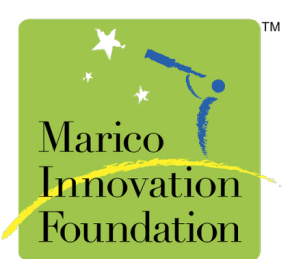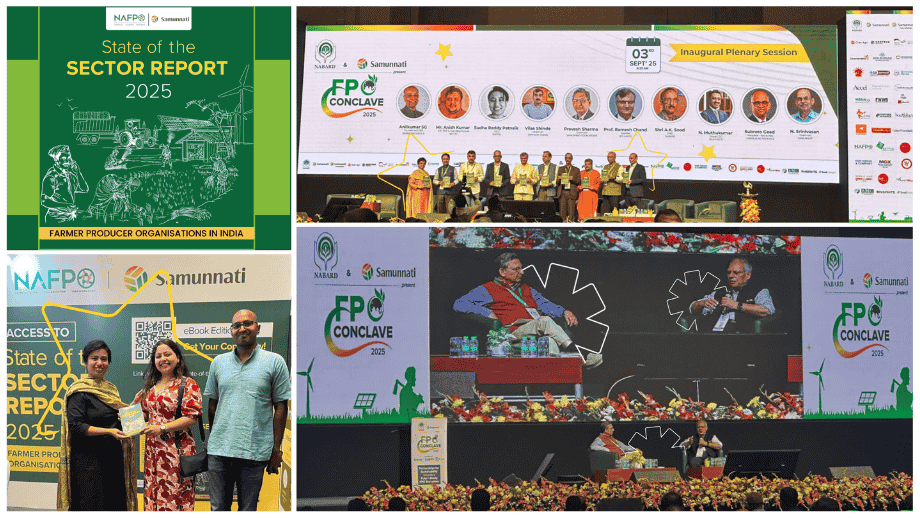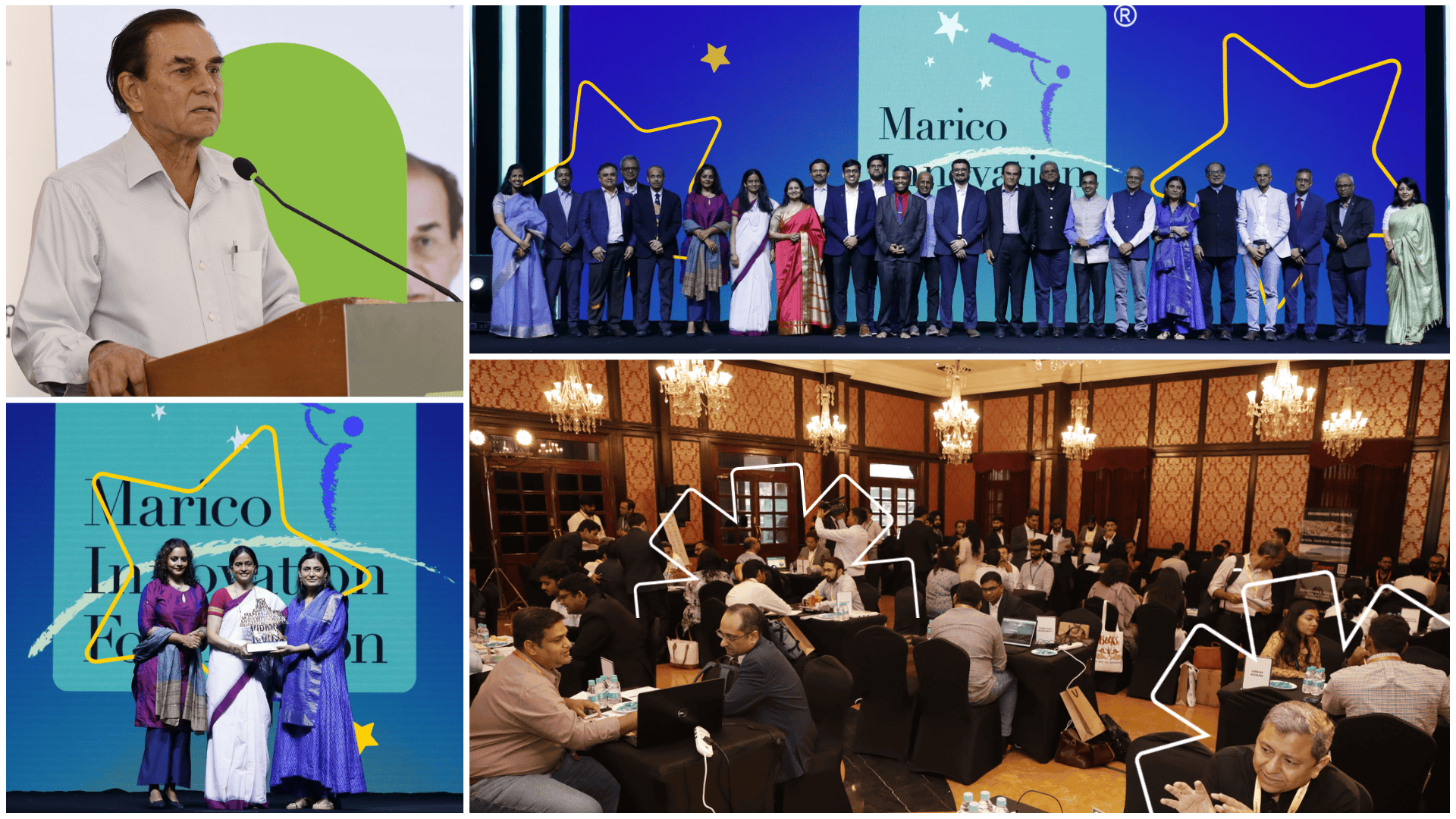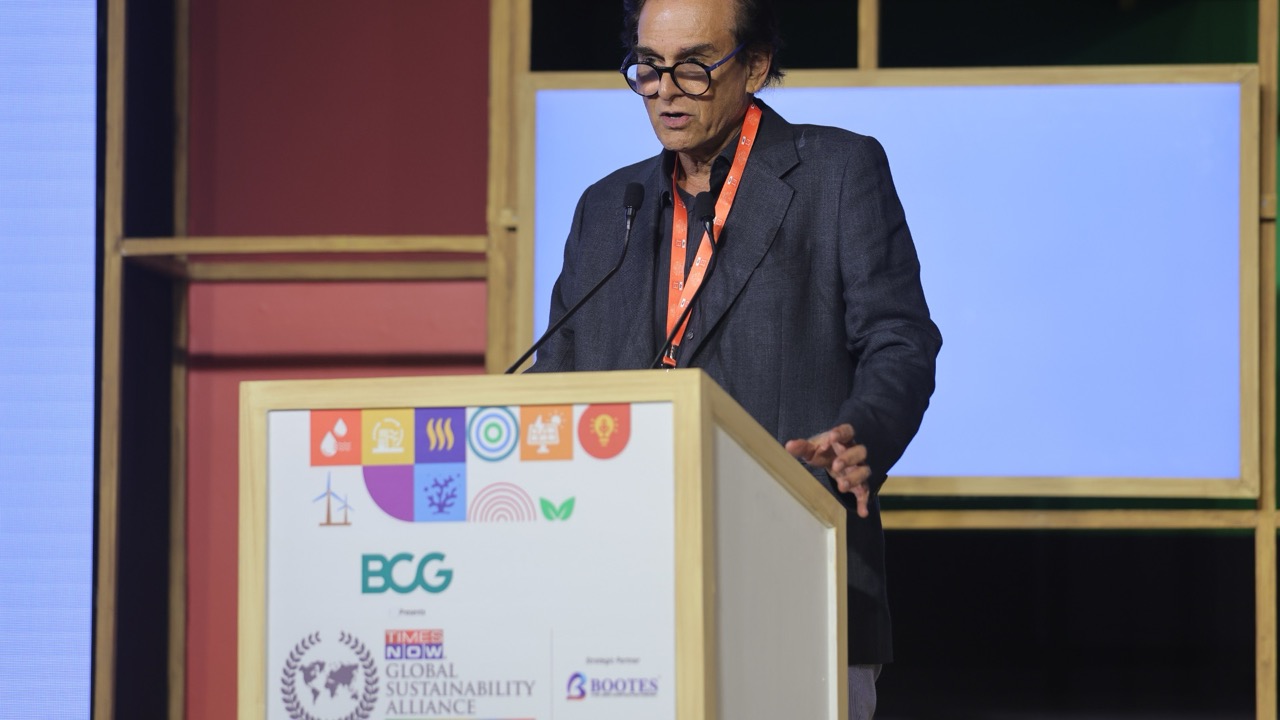In the evolving Indian agricultural ecosystem, Farmer Producer Organisations (FPOs) are increasingly being recognised as game changers, not just as farmer collectives but as grassroots innovation enablers and institutional anchors. With a boom in agri-tech startups, there’s a unique opportunity to build mutually reinforcing partnerships between these startups and FPOs that can drive sustainable, inclusive, and scalable impact.
This vision was reinforced at the Samunnati Conclave 2025 where the State of the Sector Report 2025 was officially launched by the National Association for Farmer Producer Organisations (NAFPO). The report strongly advocates for the institutional development of FPOs, urging stakeholders to go beyond treating them as market-facing cooperatives to seeing them as entrepreneurial, networked entities.
Vartika Agarwal, Lead, Scale Up, Agri-Tech and Clean Tech verticals at MIF, who attended the Conclave, co-authored a chapter in this report alongside Suranjana Ghosh, Head of Foundation at MIF. Titled “The FPO–Startup Synergies in Agricultural Value Chain Innovations,” it has insights on ground realities, collaborations, and possible models for co-creation.
Why FPOs Are Central to Agri Innovation
India has over 50,000 registered FPOs, with varied quality and geographical distribution. FPOs, initially driven by government and NGO support to enhance collective bargaining, improve access to markets, and boost income for smallholder farmers have immense potential. Their future could lie in their evolution into entrepreneurial, innovation-ready institutions.
Startups which are increasingly designing solutions for everything from climate-smart inputs and agri-fintech to smart equipment and solar-powered infrastructure often find scaling in rural India to be a complex affair. It needs deep trust, a local context, and an aggregated demand.
FPOs sit at the centre of this puzzle. They are uniquely positioned to bridge the gap and become co-creators of innovation.
Challenges Hindering FPO-Startup Collaboration
Marico Innovation Foundation’s on-ground experience and insights from the NAFPO report highlight three critical barriers that hinder FPO-Startup collaboration despite high potential.
- Low Digital & Financial Literacy
As per Samunnati’s findings, only 23.4% of rural adults have basic digital literacy. Many FPO leaders lack financial documentation, making it hard to access credit or adopt tech-heavy solutions.
At MIF, we support capacity-building and blended finance models to make tools more accessible and relevant to actual farming challenges.
- Risk Aversion in Tech Adoption
Startups often require a four to six-month cropping cycle for results to materialise. For smallholders, this delay is risky. A failed pilot can mean serious loss.
MIF works with philanthropic partners and CSR funders to enable early adoption through pilot collaborations and showcasing success stories.
- One-Size-Fits-All Technology
Startups sometimes develop tech without direct farmer feedback, resulting in tools that are ill-fitted to the on-ground context.
MIF helps startups co-design with FPOs, ensuring a product–market fit that is more suited contextually. We support pilots where farmer feedback shapes product development.
Not Beneficiaries but Co-Entrepreneurs
FPOs are often seen as “last-mile agents”. At MIF, we see them as co-entrepreneurs—capable of creating, testing, and scaling innovations. We support them in key roles:
- FPOs as Trust Builders: Change in rural systems happens through word-of-mouth and “dekha-dekhi” (seeing is believing). FPOs are trusted actors who can influence adoption at scale.
- FPOs as Drivers of Sustainable Transformation: Whether it’s clean energy integration, access to mechanisation, or sustainable soil practices, FPOs can act as powerful vehicles to scale innovations at the farm level.
- FPOs as Aggregators: For startups, FPOs offer an efficient way to access a critical mass of users, streamline training, and localise their go-to-market strategy.
- FPOs as Distributors By directly selling agri-inputs and tech solutions, FPOs can bypass middlemen, improving affordability for farmers and margins for themselves.
- FPOs as Innovation Infrastructure Owners: Shared high-capex assets like solar cold storage or digital devices make economic sense when collectively owned. FPOs are best positioned to manage these assets.
MIF’s Mentorship for EF Polymer at Scale-Up
MIF’s trust in FPOs is visible from its experience with EF Polymer, a startup which makes Fasal Amrit, an organic and biodegradable soil moisture enhancer that increases the water retention in soil and boosts farm yields. The startup, which works closely with FPOs to bring them better and more sustainable farming solutions, was inducted into MIF’s no-equity accelerator in April 2022.
EF Polymer partnered with the Mohammadabad Karanpur Majra Bansmai Farmer Producer Company, led by Praveen Kumar, to introduce Fasal Amrit to farmers. This resulted in better yields, healthier root growth, lower dependency on chemical fertilisers, and up to 30-50% reduction in water usage.
The partnership with the FPO gave EF Polymer market entry into rural regions, first-hand farmer feedback, popularised the startup amongst farmers, and helped it gain long-term trust and credibility. It also offered EF Polymer a replicable model for other such tie-ups.
Strengthening FPOs For a Collaborative Future
In 2025, there is an increased emphasis on integrating renewable energy with farming systems. The NAFPO conclave highlighted that farmers are increasingly relying on Custom Hiring Centers (CHCs) to access expensive machinery on a rental basis. Their long-term success, however, relied heavily on the entrepreneurial capabilities of the FPOs or individuals managing them. Further, the distinction that post-harvest processes (storage, processing, logistics) are often collective while input procurement is largely individual also underscored the role FPOs could play in keeping farmers in sync with the changing agricultural landscape.
When paired with ground proof and affordable technology provided by agri-startups, FPOs can help drive lasting impact at scale. However, there is a need to strengthen them with strong leadership, efficient data collection, and the adoption of new technology.
MIF continues to identify and support climate-resilient startups through acceleration and advisory, connect them with aligned FPOs and ecosystem actors, de-risk early adoption by mobilising philanthropic and CSR capital, and build evidence, playbooks, and policy insights to drive systemic change.
We believe that in the next five years, FPOs and agri startups won’t just work together — they will co-create new value chains, unlock new markets, and accelerate India’s transition to climate-smart, smallholder-centric agriculture.







